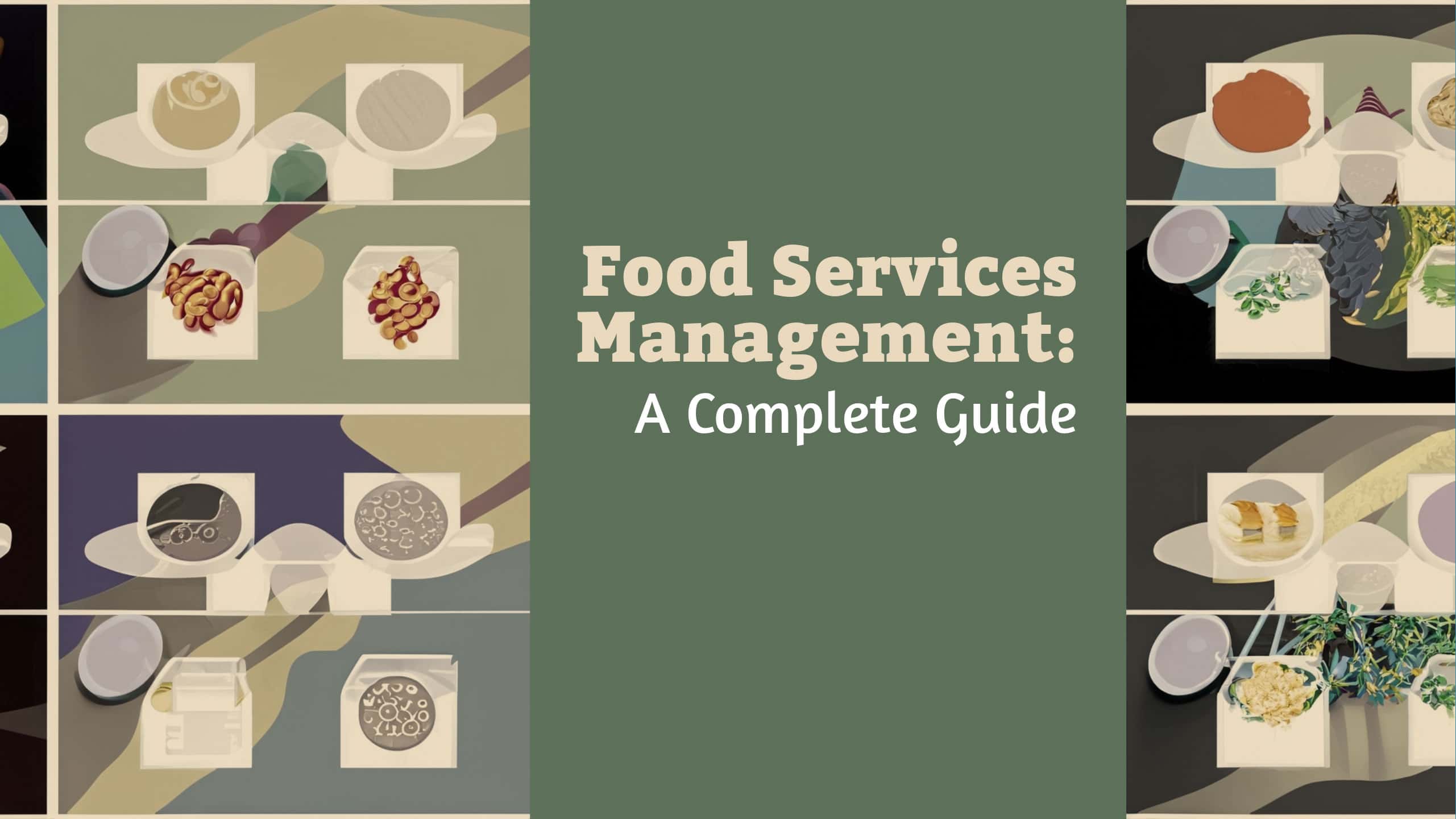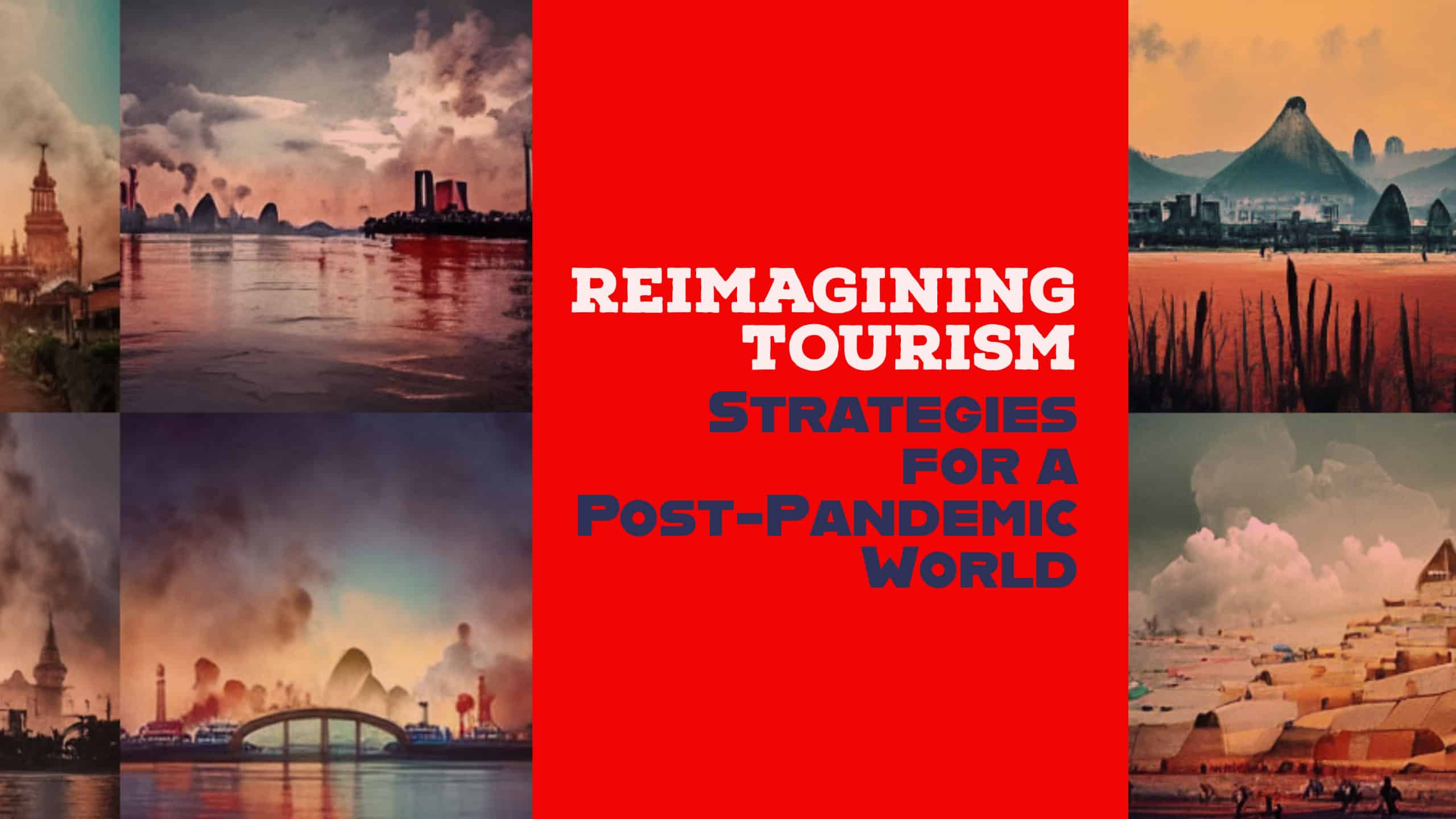Table of Contents
You may also interested:
TL;DR: Tourism Management in 2025 – Education and Careers
- Expanding Career Options: Tourism management degrees open up diverse global career opportunities in a growing industry.
- AI and Technology: Programs now integrate AI tools to enhance education and prepare students for tech-driven industry roles.
- Sustainability in Focus: Eco-friendly practices and equitable benefit distribution are core components of modern tourism education.
- Hands-On Learning: Experiential opportunities like internships and simulations are vital in equipping students for real-world challenges.
- Global Competence: Students gain multicultural and global skills, essential for success in tourism and hospitality careers worldwide.
Background Information
Benefits of a Tourism Management Degree
Studying tourism management offers a wealth of benefits that are increasingly relevant in today’s globalized society. The tourism industry is a dynamic and ever-evolving field that significantly contributes to the global economy, encompassing sectors such as transportation, accommodation, food and beverage, and recreation. With a tourism management degree, students gain access to a wide range of career opportunities, from managing luxury hotels and organizing breathtaking tours to promoting destinations and planning memorable events.
One of the primary advantages of pursuing a degree in tourism management is the development of essential skills. These include top-notch communication abilities, which are critical for success in the hospitality and tourism sectors. Additionally, the field attracts individuals with a passion for travel and exploration, offering them the chance to create memorable experiences for others while fulfilling their own wanderlust.
The COVID-19 pandemic had a profound impact on the tourism industry, highlighting the need for well-trained professionals who can navigate crises and adapt to changing circumstances. This has made the study of tourism management more important than ever, as the industry seeks to rebuild and innovate in a post-pandemic world. With the rapid growth and increasing digitization of tourism, those entering the field now will be at the forefront of exciting developments and emerging trends.
Moreover, a career in tourism management is not just about operational oversight; it involves a deep understanding of diverse cultural experiences and the ability to make a significant impact on people’s lives through exceptional service and unique guest experiences. Whether it’s greeting guests at a quaint hotel, organizing events, or running sightseeing tours in historical cities, the possibilities are vast and fulfilling.
Job Opportunities with a Tourism Management Degree in 2025
Key Career Paths in Tourism Management
A degree in Tourism Management opens up a plethora of career opportunities, positioning graduates for success in a dynamic and expanding industry. The tourism sector is known for its diverse job roles ranging from operational to managerial positions. As the industry continues to grow, especially in regions like India, the prospects for tourism management graduates are becoming increasingly promising.
Prominent Job Roles and Salaries
One of the most sought-after positions is that of a Hotel Manager, where professionals are responsible for the seamless operation of hotel establishments. The role requires a blend of leadership, strategic planning, and customer service skills to ensure guests have memorable experiences. The average salary for a Hotel Manager ranges from $50,000 to $100,000 per year.
Other prominent roles include Travel Agents, who assist clients in planning and booking travel arrangements, and Event Managers, who coordinate events ranging from corporate meetings to large-scale festivals. The need for skilled professionals in these roles is growing as the number of international travel arrivals continues to rise, enhancing the significance of the tourism industry as a major economic driver.
Specialized Programs and Regional Trends
The Bachelor of Tourism and Travel Management (BTTM) degree is particularly advantageous for those looking to delve deep into the travel and tourism sector. This degree program offers both theoretical and practical knowledge, preparing students to meet the modern demands of the industry and equipping them with the managerial skills necessary for success.
In India, the tourism industry is booming, providing a wealth of opportunities for tourism management graduates. The country’s rich cultural heritage and diverse attractions make it a popular destination, increasing the demand for tourism professionals who can offer expert services and enhance the travel experience for visitors. Institutions like Lovely Professional University, which boast high placement records and comprehensive programs, further bolster the career prospects for graduates in this field.
Global Career Opportunities
The TUI International Graduate Programme is an example of a pathway that offers international exposure and experience, helping graduates launch their careers in the global tourism and travel industry. Whether aspiring to become a Tour Guide, a Cruise Ship Director, or a Resort Manager, graduates can find roles that align with their passions and skills.
Emerging Trends in Tourism Management Education (2025)
Integration of Artificial Intelligence in Education
One of the foremost trends is the integration of artificial intelligence (AI) and advanced technologies into the curriculum. AI is poised to revolutionize the sector by enabling personalized travel experiences, enhancing customer interactions, and optimizing resource management through data-driven insights and analytics.
Focus on Sustainability in Tourism Management
Sustainability is another critical focus area. Tourism management programs are incorporating sustainable practices to ensure that the industry can protect environments and cultures while still offering memorable experiences to travelers. This includes the development of skills to manage tourism so that its benefits are distributed equitably among all stakeholders.
Experiential Learning Opportunities
Experiential learning opportunities are becoming increasingly integral to tourism management education. Programs are designed to offer hands-on experiences through simulation laboratories, field studies, industry internships, and co-op placements both domestically and abroad. These opportunities not only enhance professional skills but also ensure that students are well-prepared to tackle real-world challenges in the hospitality and tourism sectors.
Technological Advancements for Personalized Travel
The rise of AI-driven tools is expected to equip graduates with the capabilities to handle advanced technologies such as augmented reality (AR) and virtual reality (VR), which are increasingly used to create immersive destination tours and personalized travel experiences.
Multicultural Communication and Global Competence
The emphasis on multicultural communication and global competencies is another trend, reflecting the industry’s need for professionals who can navigate and manage diverse cultural contexts. This holistic approach to tourism management education ensures that graduates are not only adept in technical skills but are also capable of making meaningful contributions to the global tourism landscape.
FAQs
1. What careers can I pursue with a tourism management degree in 2025?
Graduates can explore roles like hotel manager, travel consultant, event planner, and cruise director in a thriving industry.
2. How is AI integrated into tourism education?
AI is used to enhance personalized learning experiences, simulate real-world tourism operations, and equip students for tech-driven roles.
3. Why is sustainability emphasized in tourism education?
Sustainability ensures long-term industry growth by protecting environments, preserving cultures, and promoting equitable benefits for communities.
4. What is experiential learning in tourism management?
Experiential learning involves internships, field studies, and practical training to prepare students for industry challenges and opportunities.
5. What global skills are essential for tourism professionals?
Multicultural communication, adaptability, and global competence are critical skills for thriving in a competitive, international tourism industry.



